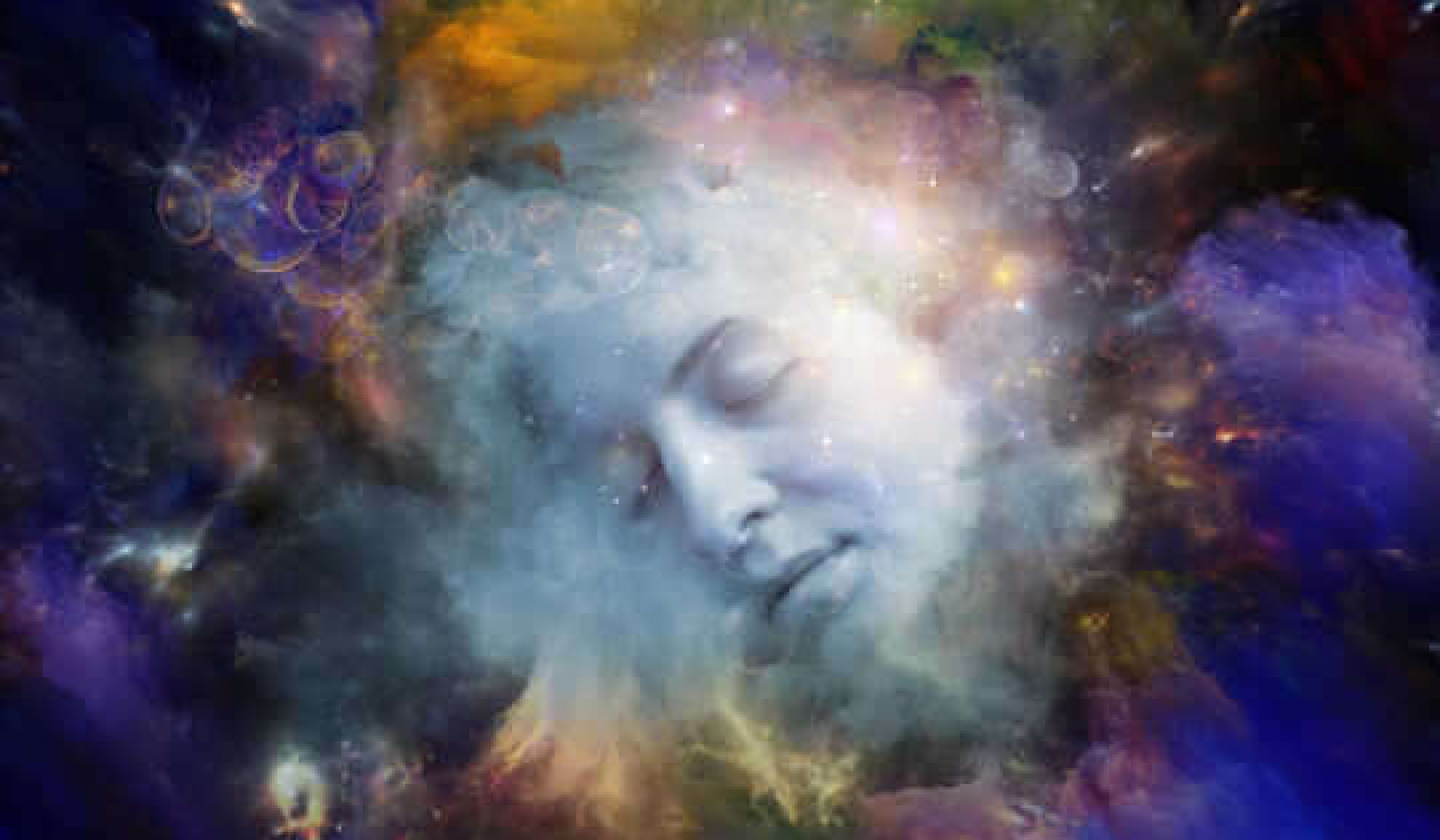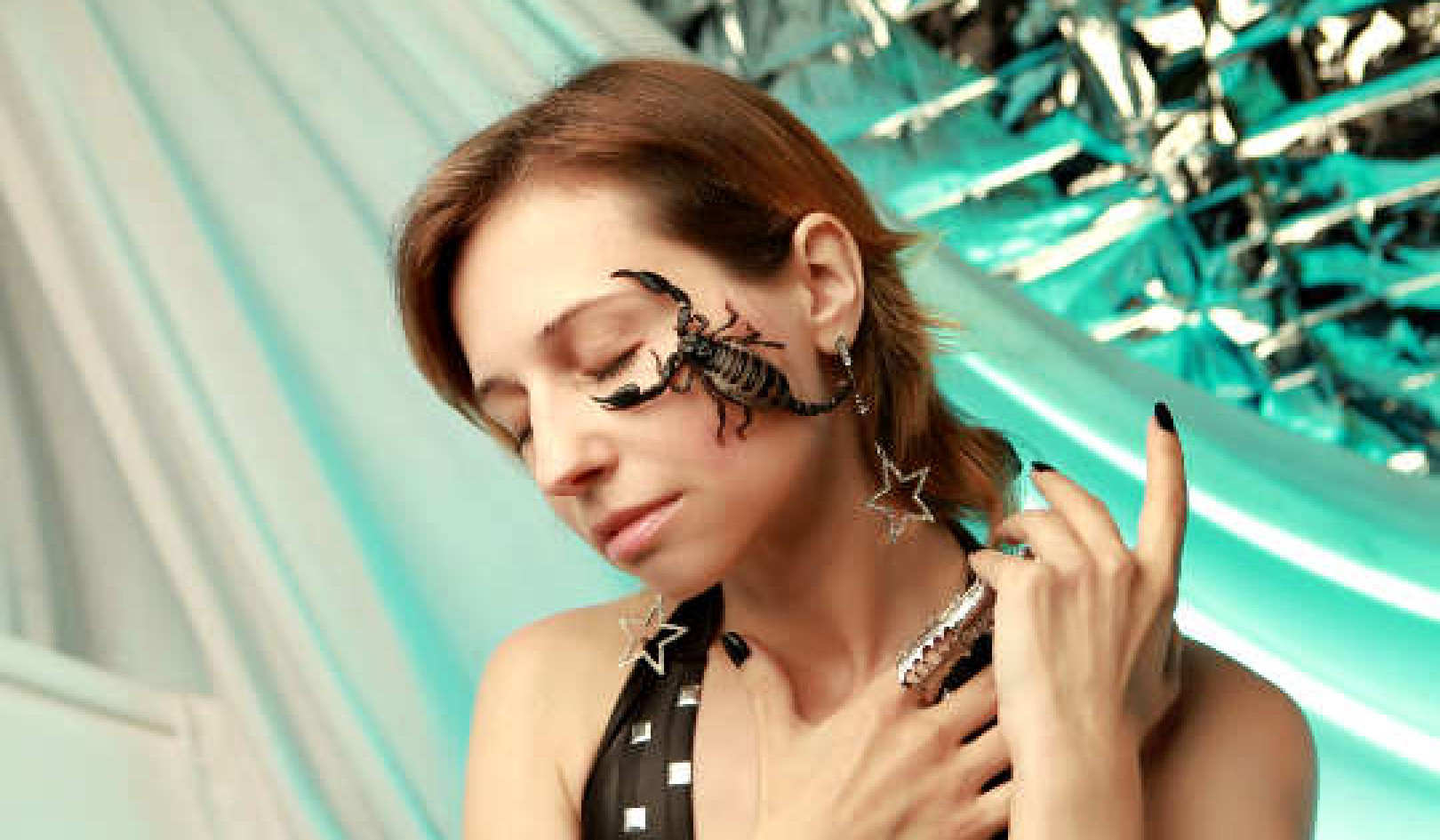
Once we understand that the power of awareness leads us to essential humility and ordinariness, then we can grant ourselves permission to inquire deeply into all aspects of ourselves that constitute our identities. Often we are afraid to do this, imagining that if we were to look at the darker parts of ourselves and discover something particularly unpleasant or disillusioning, we would not be able to face it.
But I am not talking about dwelling obsessively on the negative. As soon as we turn our full, nonreactive gaze on a difficult feeling, we are, by the very nature of awareness, already more than it is. Our identification with that feeling weakens.
It is not what we feel or experience that we need fear; it is what remains unconscious that poses the real threat. Parts of our survival psychologies, such as an unconscious need to feel loved and secure by helping others, eventually betray us. They will always affect our motives and inevitably distort our behavior, undermining even our best intentions.
Developing a Fuller Awareness
This is why in my work, as I guide people to ever-deeper self-inquiry, I frequently ask them, "Are you undertaking this work because something is innately wrong with you? Do you believe you need to be fixed?" The true answer is "No!" This work is not about self-improvement. It is only and simply about developing a fuller awareness.
We do this work not because it can relieve suffering but because, when we are suffering, this suffering, in whatever form it takes, is the truth of this particular moment. We must turn toward it as if it were a child who needs the full and loving attention of its mother. Remember: Anything we can become aware of, we are already greater than.
Any attempt to change ourselves or improve ourselves as a means of avoiding a feeling only leads to ceaseless self-manipulation or the manipulation of others, and it does not change the underlying sense of insufficiency from which we unconsciously continue to run. To turn toward what is, in the here and now, and to meet it with the full power of awareness, is to arrive all at once at the wholeness that is, and always has been, our essential selves.
Transforming Ourselves by Becoming Aware
 Transforming ourselves by means of this path requires us to become more aware in our suffering. Simply by being present, without blinking — which means keeping the mind completely still as it gazes at the specific feeling — we cease to create the me that is the home of that suffering. The image of not blinking comes from my childhood enjoyment of Western movies, where, when two gunfighters faced each other, whoever blinked first was shot.
Transforming ourselves by means of this path requires us to become more aware in our suffering. Simply by being present, without blinking — which means keeping the mind completely still as it gazes at the specific feeling — we cease to create the me that is the home of that suffering. The image of not blinking comes from my childhood enjoyment of Western movies, where, when two gunfighters faced each other, whoever blinked first was shot.
At a deeper level, masters of martial arts know that the contestant who moves from thought, which is much slower than moving from presence or being, generally loses the match. There are legends in the world of martial arts that tell of victory being awarded in competitions even before any physical contact has taken place. Some judges are so attuned that they sense the movement in the minds of the competitors and call the match in favor of the one with the deepest stillness.
In my work, to blink means that in the face of a difficult feeling, we let our minds move away from the feeling into thoughts about the past or the future, or into stories about ourselves or about the feeling itself. In so doing we leave the original feeling and become involved instead with these thoughts and the secondary feelings they engender. This propels us away from the Now, and this movement sustains and intensifies the me that is resisting the original feeling. We wind up suffering even more, but in a way that feels familiar because it preserves our usual sense of me. If we don't blink, me recedes.
As we come into direct relationship with the original feeling, we evolve and our interior becomes more spacious. What began as fear of a feeling transforms into energy and presence. Then we can make our choices, such as leaving a job or a relationship, in response to a sense of openness and possibility rather than as a means to avoid a feeling.
Awareness Is the Path
If we begin unconsciously from the premise that we are insufficient, we end up caught in the endless cycle of reacting to our insufficiency and trying to fill ourselves. The only way to get off this misery-go-round is to begin by being aware that we are whole. Consciousness itself is that wholeness. It is like water: it can assume any shape into which it is poured, yet it never loses its own essence.
Through the power of awareness, we can enter into relationship to anything whatsoever that we are experiencing and still remain, in our essence, whole and full. We can be aware of the most devastating feelings of insufficiency, and yet, the moment we say, "Here am I," and turn toward what we are experiencing, the part of us that makes this awareness possible eternally receives us. Our experience may not change immediately, the pain may remain terrible for a while, but we know, even if only to the tiniest degree, that we are more than this pain.
The essential part of ourselves is never broken, is never in itself corrupted in any way. The true self is not a thing we can know; it is an inexhaustible power that can carry us deeper and deeper into ourselves and into reality.
How much more complete our knowledge of ourselves can become depends on how deeply we yearn to know ourselves and how much reality we can bear before fear chases us into a dream of our own fabrication. The limit to Self-realization is set the moment we reach a fear, such as the fear of abandonment, that we experience as too great to face, or an idea so compelling that we identify ourselves with it, like the idea of communism or the idea that there is only one Son of God. At such a moment, we lose connection to the beingness of human being and become only human.
Like the aikido students learning to wake up when the master walks by, we have to wake up. We have to wake up out of the dream created when our awareness buries itself in our stories or roles, and particularly the dream created when we flee difficult feelings. The path to awakening consciousness is a path of conscious relationship to everything we experience and feel. It is ceaseless self-inquiry and necessary, conscious suffering, which must continue until more and more easefully we can rest in the fullness of being.
Reprinted with permission of New World Library,
Novato, CA. ©2007. 800-972-6657 ext. 52.
www.newworldlibrary.com
Article Source
 The Mandala of Being: Discovering the Power of Awareness
The Mandala of Being: Discovering the Power of Awareness
by Richard Moss.
For More Info or to Order This Book (paperback) or Kindle Edition .
About the Author
Dr. Richard Moss is an internationally respected spiritual teacher and visionary thinker. He is the author of The Mandala of Being: Discovering the Power of Awareness and other books on conscious living and inner transformation. For thirty years he has guided people of diverse backgrounds in the use of the power of awareness to realize their intrinsic wholeness and reclaim the wisdom of their true self. His work integrates spiritual practice, psychological self-inquiry, and body awareness. For more info. and to learn about Richard's October & November retreats, go to: www.richardmoss.com.






























